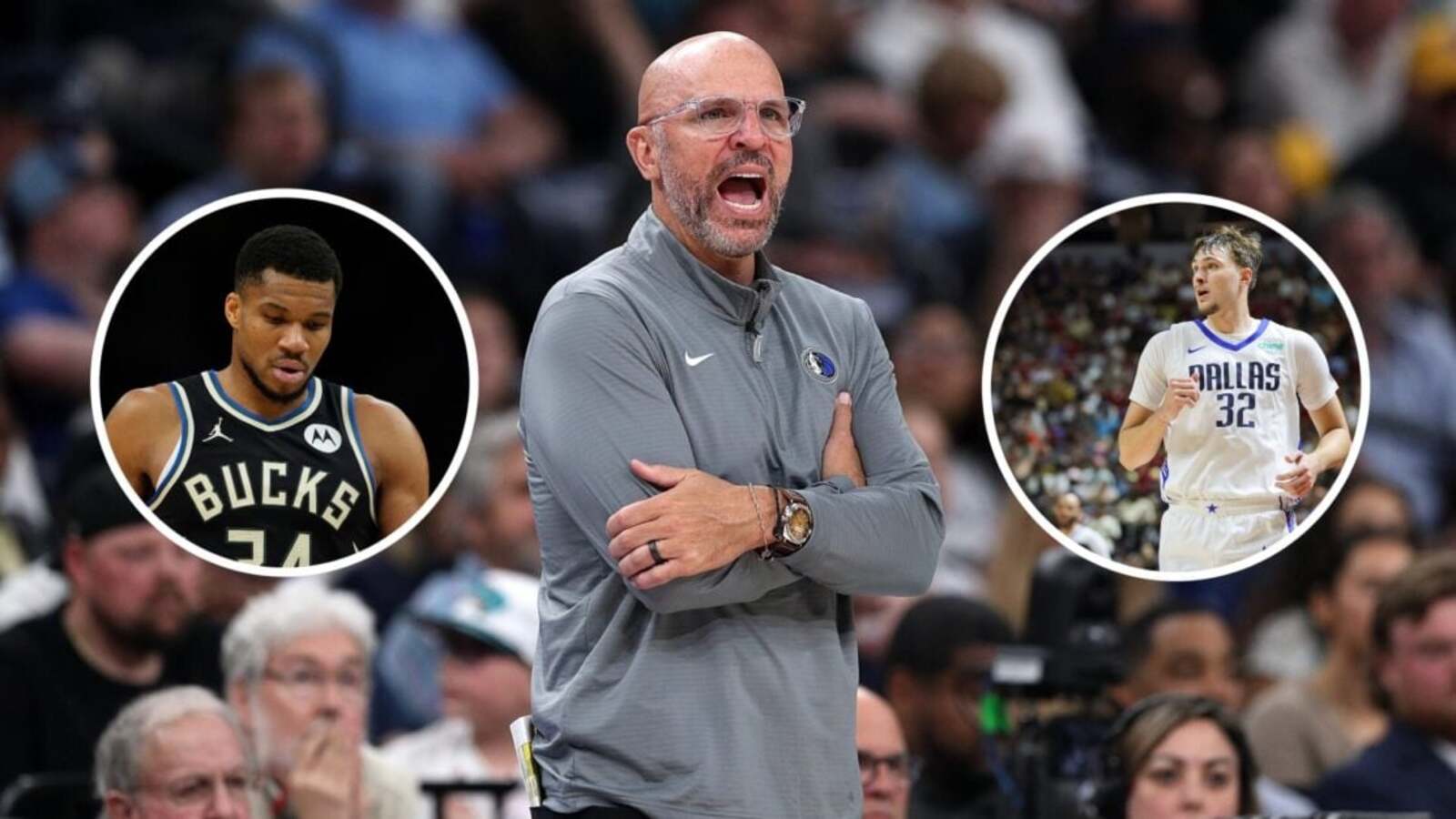The Dallas Mavericks find themselves at a strategic crossroads, grappling with crucial point guard decisions following Kyrie Irving’s absence. While many initially viewed D’Angelo Russell as a quick fix, an NBA journalist has ignited a fresh debate, suggesting a radical pivot towards developing young talent Cooper Flagg under the tutelage of head coach Jason Kidd, echoing a legendary player development model.
NBA journalist Law Murray casts a critical eye on D’Angelo Russell’s recent performance, asserting that he no longer embodies the primary ball-handling capabilities the Dallas Mavericks desperately need. Murray substantiates his claim by highlighting Russell’s declining production throughout the previous season, underscoring a significant dip in his on-court effectiveness and overall impact, making him a less reliable option for crucial offensive responsibilities.
Murray’s analysis pointed to Russell’s career-low numbers during his stints with both the Lakers and Nets, where he averaged a mere 12.6 points, 5.1 assists, and 2.8 rebounds. These statistics paint a stark picture of diminished capabilities, challenging the narrative that Russell could seamlessly step into a primary playmaking role, thereby forcing the Mavericks to reconsider their strategic options for the backcourt.
This critical assessment by Murray has led to a bold proposition: Jason Kidd should replicate his transformative work with Giannis Antetokounmpo in Milwaukee, applying a similar player development approach to Cooper Flagg. Kidd’s tenure with the Bucks from 2014 to 2018 saw Giannis evolve from a raw, unproven prospect into a bona fide All-Star, dramatically increasing his scoring and overall game, proving Kidd’s unique capacity for nurturing elite talent.
The strategic blueprint involves entrusting Cooper Flagg with extensive ball-handling responsibilities from the very outset of his professional career. This immersive approach, drawing parallels to how Giannis Antetokounmpo was empowered, aims to accelerate Flagg’s growth as a primary playmaker. Such a commitment to Flagg’s player development could offer the Dallas Mavericks a much-needed long-term solution at the point-forward position.
By prioritizing Flagg’s accelerated development, the Dallas Mavericks could unlock a significantly higher ceiling for their team. Murray emphasized this potential, suggesting that a roster built around Flagg, complemented by role players, could achieve considerable success if the supporting cast performs consistently. This bold NBA Strategy hinges on the belief that Flagg’s potential as a primary playmaker far outweighs the diminishing returns from relying on D’Angelo Russell.
Ultimately, this proposition presents the Dallas Mavericks with a pivotal decision: continue to depend on D’Angelo Russell’s inconsistent output or invest wholeheartedly in Cooper Flagg’s burgeoning talent. The pathway laid out by Jason Kidd’s past successes with Giannis Antetokounmpo offers a compelling vision for a more dynamic and future-proofed offensive attack, highlighting the importance of strategic player development for sustained success in the NBA.






Leave a Reply